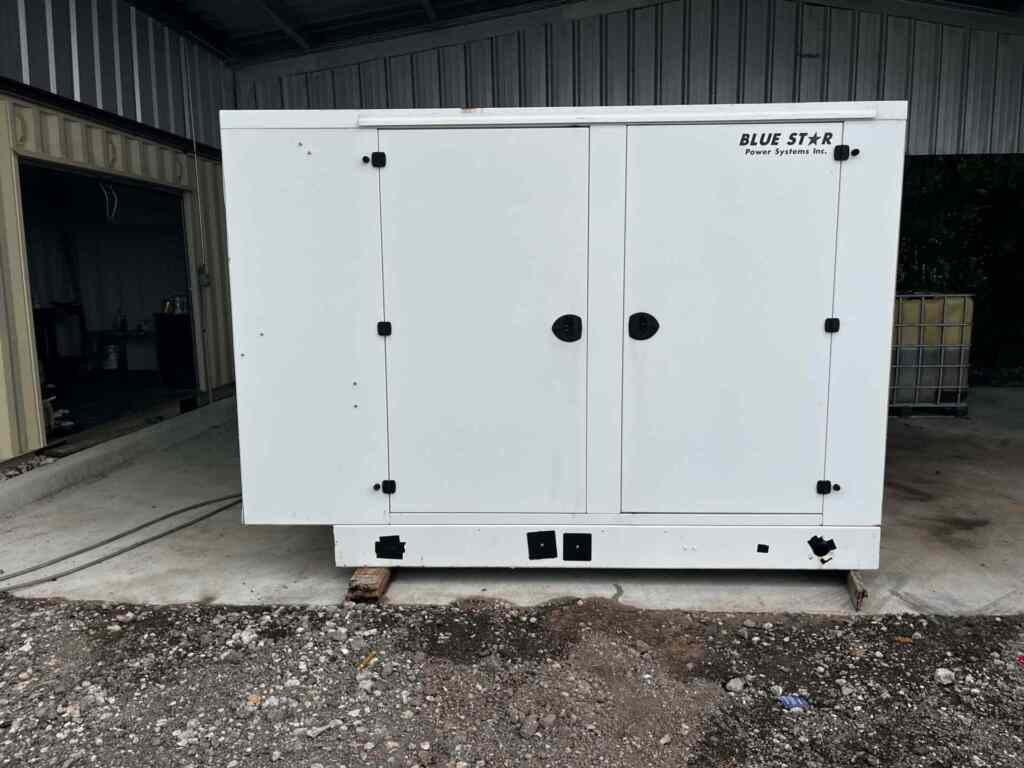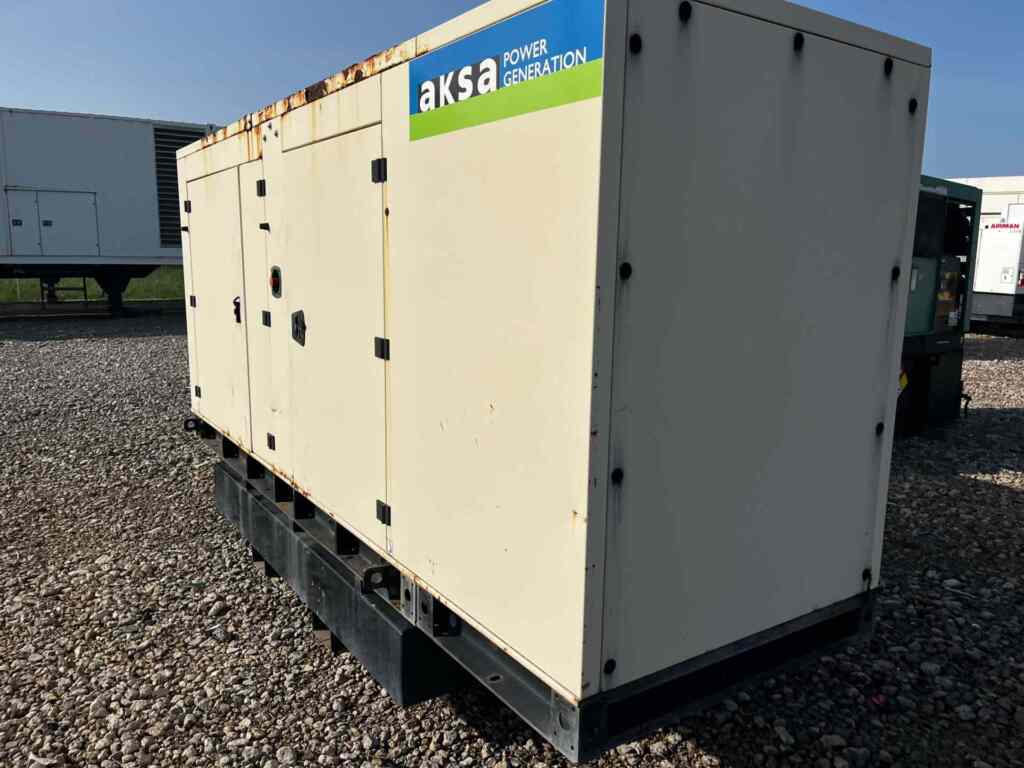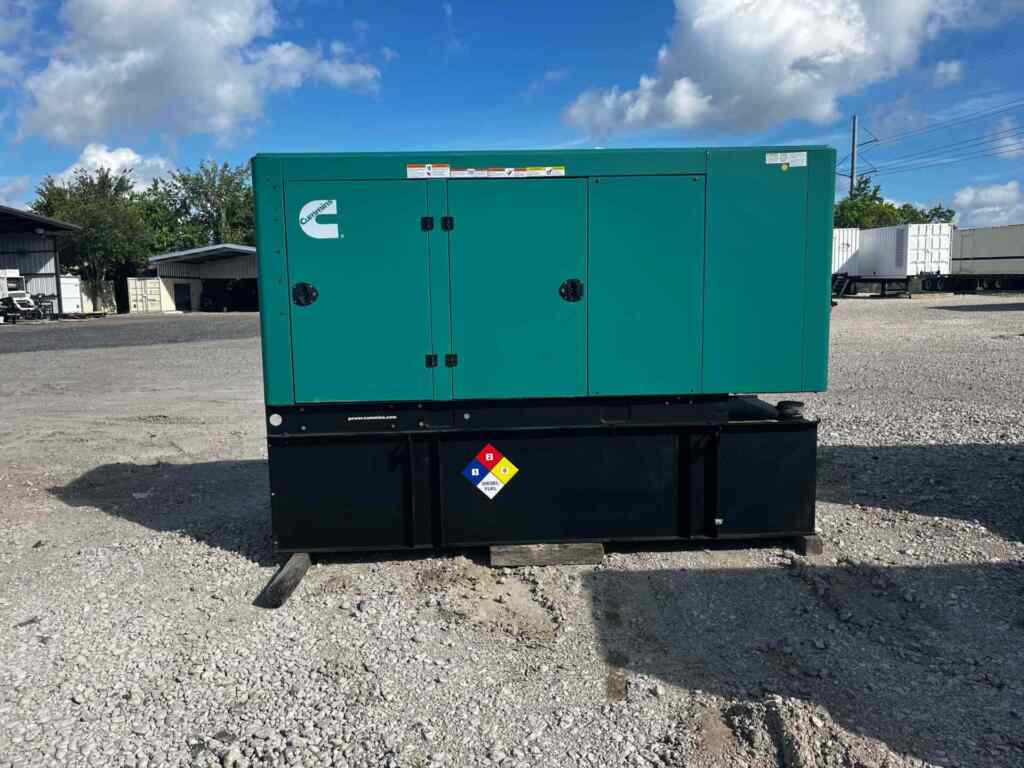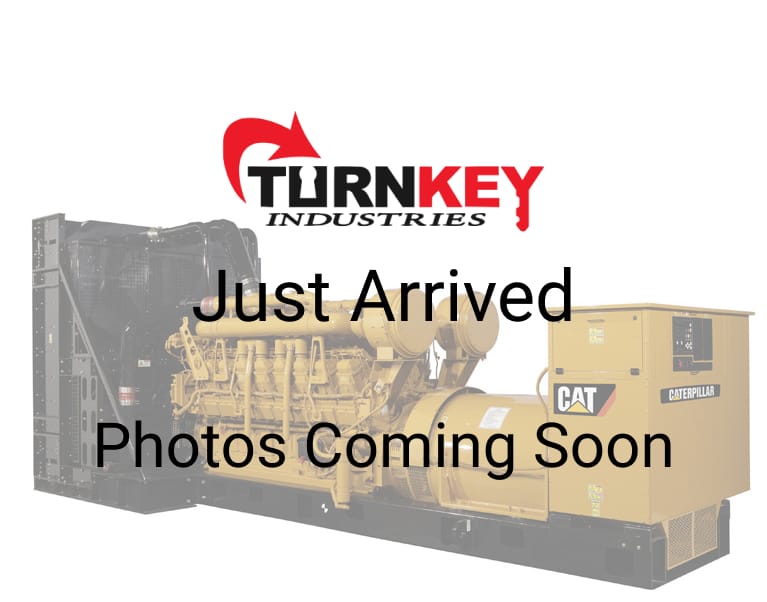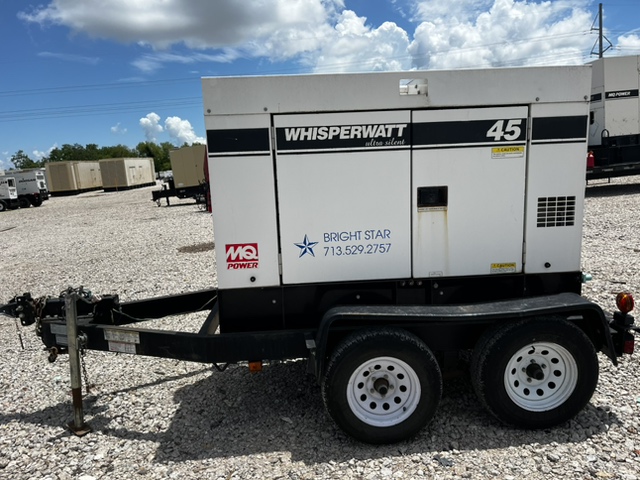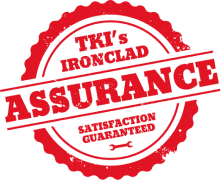Modern farming depends heavily on electricity, from lighting barns to running milking machines. ResearchGate reported U.S. farms used approximately 41 billion kilowatt-hours of electricity in 2004, with usage likely higher today. A large farm will consume millions of kilowatt-hours of electricity annually – that’s enough to power thousands of homes!
Unfortunately, modern farming’s reliance on electricity can be problematic. Blackouts are becoming more frequent, which can shut down critical operations and lead to a loss of revenue. Climate Central research shows weather-related power outages increased by 78% from 2011 to 2021 compared to the previous decade. Now more than ever, farm generators are necessary to keep operations running smoothly no matter what the weather brings.
Why Farms Need Generators
American farms rely heavily on energy. The U.S. Department of Agriculture (USDA) states that 15% of agricultural production costs are energy-related. When the power goes out, farmers can face significant losses.
Here’s why having a backup generator is a smart move for farmers:
- A farm generator keeps the water flowing for crops.
- Industrial generators can keep the barn lights on and the cows milked on time.
- A backup power source stops food from spoiling in fridges and freezers.
- A farm generator can keep barns cool in the summer and warm in winter.
- A powerful industrial generator will supply power to the equipment needed to keep your farm running – and your neighbors fed.
Farmers need to choose the right size generator for their farming operations. A generator size calculator can help with finding the right-sized farm generator. Some farmers like portable diesel generators because they can be moved around the farm for various tasks. Other farmers prefer big, fixed generators that will power their operations from a central location.
A good farm generator keeps things running when storms hit. It protects crops and animals. It helps farmers sleep better at night. With a generator, farmers can keep working even when the power is out.
Types of Generators Used on Farms
Farmers have many choices when it comes to backup power. The right generator depends on the farm’s size and equipment needs. Some farms require small generators that can move around, while others need larger, more industrial ones that are installed in place. Let’s look at the most common types of generators farmers use.
| Generator Type | Key Features |
| Diesel Generators |
|
| Natural Gas Generators |
|
| Portable Diesel Generators |
|
| Inverter Generators |
|
For example, the Caterpillar 3516C Standby Diesel Generator, with its 2,000 kW capacity, is suitable for large-scale farm operations. For smaller needs, the Cummins C1000D6RG Diesel Power Module offers 1,000 kW of power in a portable format.
How to Choose the Right Generator for Your Farm: Size and Other Considerations
Choosing the right generator is critical for farming operations. If a farm generator is too small, you might not be able to power all of the equipment you need. If it is too big, you will be wasting money. Here’s how to choose the right-sized generator for your farm:
Getting the Right Generator Size
- Make a list of all the important equipment you need to run when the power’s out.
- Write down how much power each piece of equipment uses at start-up and while running.
- Add the two totals together.
- Multiply that total by 1.4 to give yourself some room for error.
The number that you end up with is the smallest size generator that will work for your farm. Adding a few kilowatts is a good idea, just to be safe and to allow for growth.
Other Factors to Consider Before Purchasing a Farm Generator
A generator is a huge investment for farmers. Up-front costs can be daunting, so you want to ensure that you select the right generator for your needs. Before you sign a contract, consider the following parameters:
- Fuel type most readily available in your area
- Ease of maintenance and repair
- Noise level
- Fuel efficiency
- Environmental impact
- Ease of starting
- Cost and long-term value
- Reliability and durability
- Warranty and customer support offered by the manufacturer
Remember that the cheapest generator option is not necessarily the most cost-effective in the long run. Invest in a high-quality generator from a reputable brand to avoid expenses on early repairs, unsupported warranties, and poor product quality.
How Farmers Use Generators
Farm generators are key tools in modern farming. They keep things running when the power goes out. Farmers use them for many important jobs, from watering crops to keeping animals safe. Here’s how generators help on farms:
1. Irrigation Systems
Farm generators ensure crops receive water even during power outages. For instance, a 100 HP irrigation pump requires about 75 kW of power, which can be supplied by a mid-sized diesel generator.
2. Livestock Care
From powering milking machines to maintaining proper ventilation in barns, generators are crucial for animal welfare. A typical dairy farm requires a 200 kW generator to power milking equipment, cooling tanks, and ventilation systems.
3. Cold Storage
Perishable products remain fresh with continuous power to refrigeration units. A 50 kW generator can typically power cold storage facilities for a medium-sized farm.
4. Grain Drying and Storage
Post-harvest processing continues uninterrupted, maintaining crop quality. Large grain dryers can require up to 500 kW of power, necessitating substantial generator capacity.
Going Green: What’s New in Farm Generators
Farmers are thinking more about the environment these days. This means they’re looking at generators differently too. New technology is available every day to help farmers keep the barn lights on:
Cleaner generators
Big names like Cummins, Caterpillar, and Multiquip now offer models that cut down on smoke and fumes by up to 90%. Here are some examples:
| Company | Clean Generator Models |
| Cummins | C-series, QSX-series |
| Multiquip | MQ Power DCA45SSIU4F |
| KOHLER | KD-series, 2000REOZMD, 2000REOZXB |
These generators come with better fuel injection systems, smart engine controls, and special exhaust filters to keep the air cleaner.
Mix and match power
Some farmers are using solar panels or wind turbines along with their generators. This combo is called a hybrid power system. Here’s how it works:
- Solar panels or wind turbines provide power when the sun’s shining or the wind’s blowing.
- Generators kick in when renewable sources can’t keep up with demand.
- Battery storage systems can help smooth out the power supply.
Many generator brands offer models that can be part of these hybrid systems. Here are some popular options:
| Brand | Model Examples | Known For |
| Cummins | C150D6R, QSK60-G | Reliable power for various applications |
| Caterpillar | D175-2, XQ230 | Durable and high-performance units |
| Multiquip | DCA70SSIU4F, DA7000SSA3 | Versatile and portable options |
| Doosan | G240, P158LE | Robust and fuel-efficient choices |
| Atlas Copco | QAS 150, QAC 1200 | Advanced technology and low noise levels |
These generators can work alongside renewable energy sources to create a reliable, eco-friendly power system for your farm. When choosing a generator for a hybrid setup, consider factors like power output, fuel efficiency, and compatibility with current renewable energy systems.
Smart generators
Modern generators come with smart features that can be controlled from your phone, helping save fuel and cut costs. These smart features can include:
- Remote start/stop and monitoring
- Automatic load management
- Predictive maintenance alerts
- Fuel consumption tracking
Here are some generators with smart capabilities:
| Brand | Model Examples | Smart Features |
| Cummins | C100D6R, QSX15-G9 | PowerCommand Cloud: remote monitoring and control |
| Caterpillar | XQ200, C18 | Cat Connect: telematics for fleet management |
| Multiquip | DCA150SSJU4F | DynaGen: advanced controller with remote capabilities |
| Doosan | G240, DP158LD | DoosanCONNECT: telematics system for remote monitoring |
These smart systems can help farmers save up to 15% on fuel costs and reduce unnecessary runtime by up to 30%. They provide real-time data and control, allowing for more efficient generator use and maintenance.
How We Can Help at Turnkey Industries (TKI)
At TKI, we know farmers have specialized needs when it comes to a farm generator. We can equip your farm with the power you need to keep your operations running. Here’s what we offer:
- We can help you figure out what size and type of generator you need.
- We offer good quality used generators that are carefully inspected by our professional technicians.
- Each generator comes with a warranty and maintenance support.
- We will deliver your generator anywhere in the country for your convenience!
Don’t let power outages get your farming operations off track. Give us a call at Turnkey Industries today. We’ll help you find the right generator to keep your farm running smoothly, no matter what.
 Turnkey Industries offers a variety of high-capacity
Turnkey Industries offers a variety of high-capacity 